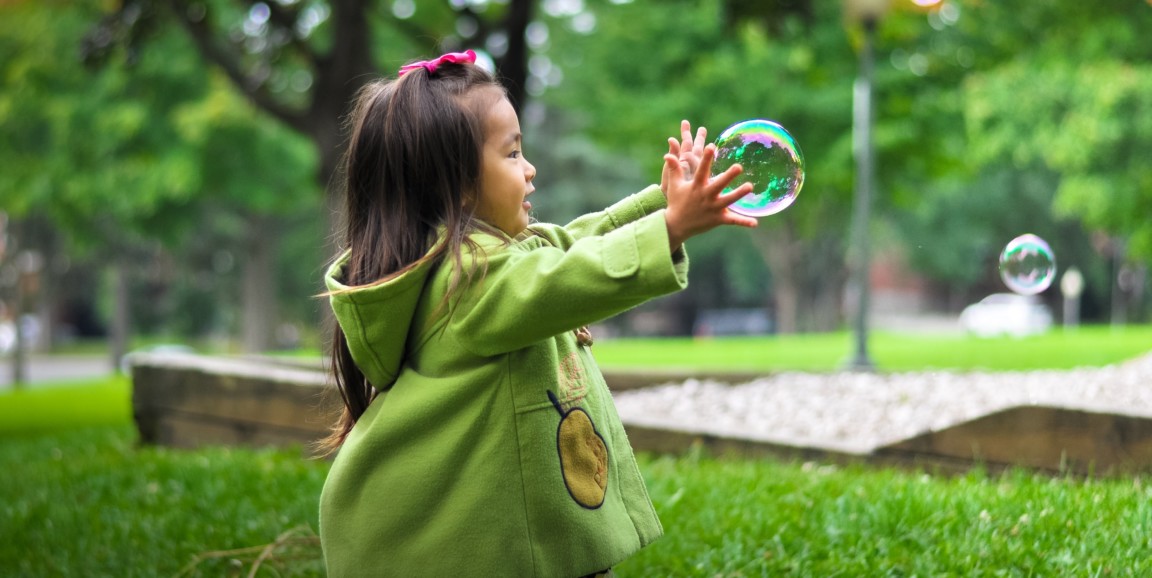In medicine, empathy — or the ability to understand the emotions felt by someone else — helps doctors form meaningful relationships with their patients, which ultimately improves the quality of care.
Many medical students who are attracted to medicine are empathetic at first, but empathy is thought to decline as students advance through their medical education. More specifically, medical students have a harder time connecting emotionally with their patients as their training progresses. Without this emotional sharing, it becomes difficult for doctors to understand their patients or to form the doctor-patient relationships required for high-quality health care.
This begs the question: what can be done to help medical students develop (and retain) this emotional connectedness and empathy with their patients? One potential answer can be found by taking a look at society’s youngest members — children.
Children frequently use their imaginations. One of their most profound displays of imagination is in the creation of make-believe characters or “imaginary friends.” Although these friends are created at a young age, they are incredibly complex because they have their own identities, personalities, and emotions. Since these characters aren’t real, children must become their imaginary friends during play in order to bring them to life. While this may seem like aimless play, children who pretend to be their imaginary friends are more likely to have greater emotional understanding when they’re older. By understanding someone else’s emotions, it becomes easier to connect with them on an emotional level.
As adults, it’s easy to dismiss what children say, do, or think because they have less life experience than we do. They are the youngest and most innocent members of communities, and naturally, we think we know better than they do.
However, for those who are currently pursuing or practicing medicine, it might be useful to revisit childhood and make an imaginary friend — or at least develop their imaginations —in order to foster the emotional understanding needed to connect with patients. While this may seem childish and silly, embracing our imaginative abilities rather than outgrowing them could bring us one step closer to fighting the decline in empathy that is so prevalent in medical education.
Dilshan Pieris is a master’s candidate in the Health Science Education program at McMaster University in Canada whose thesis is about empathy changes in medical education. He can be reached via @DilshanPieris_ on Twitter.
Photo by Leo Rivas




